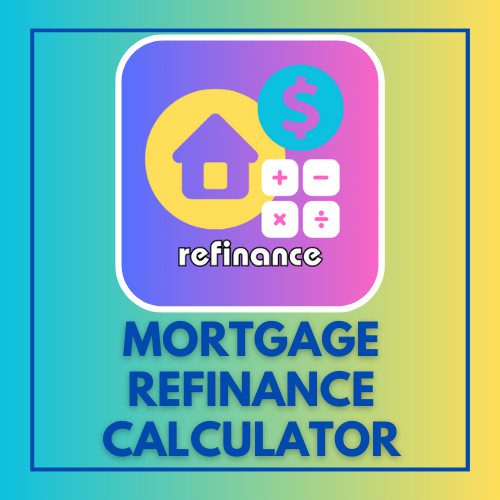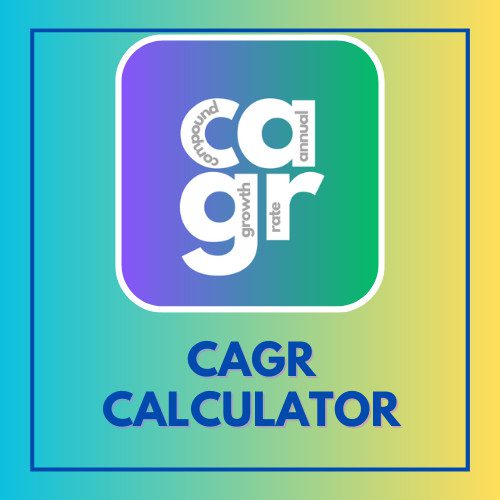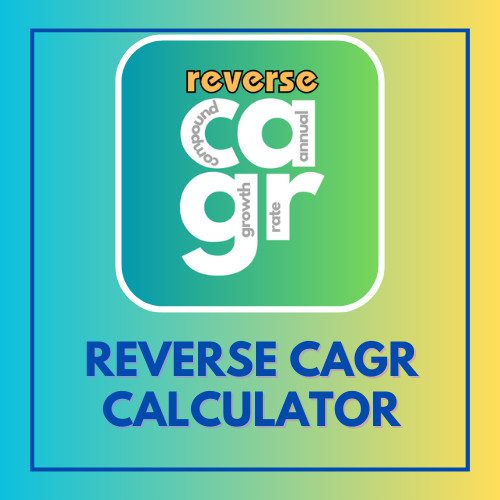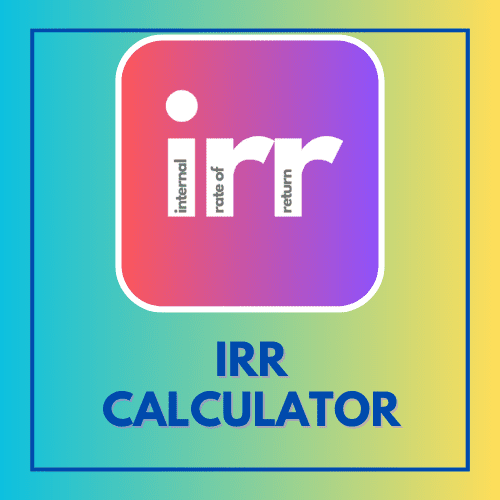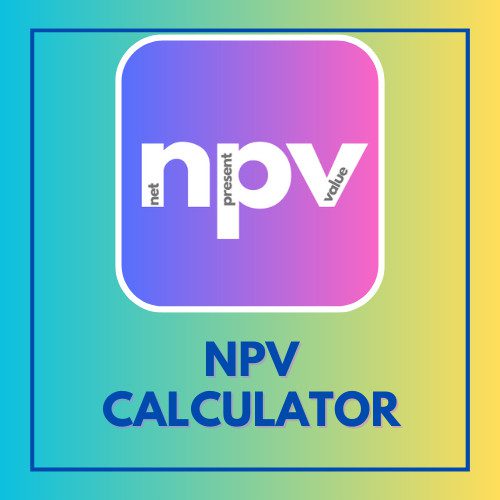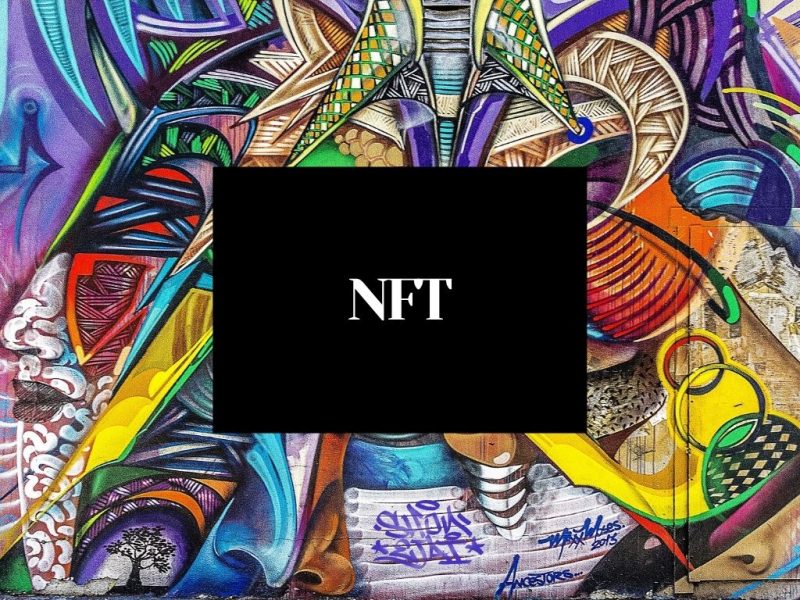This article has been reviewed by Sumeet Sinha, MBA (Emory University Goizueta Business School). Should you have any inquiries, please do not hesitate to contact at sumeet@finlightened.com.
Students’ Financial Well Being Is Very Important
Entering college gives you the first opportunity to deal with money independently. The first time, you receive a good amount from your parents to manage your college and other necessary costs like rent, utility, food, and transportation. Apart from the pocket money, some students take out a student loan, and some do a part-time job to earn money to manage their college expenses. So, students must learn how to manage their own money. Financial mistakes are devastating, which leads to college dropout, massive student loan debt burden, and stress.
Once college students learn financial lessons, they will manage their further financial life without facing difficulties. Students should also build good financial habits to save money that helps secure their financial future.
However, unfortunately, many students have bad financial habits that waste their money. Due to bad financial habits, they fail to manage their money and fall into severe financial trouble.
Check out the some must have good financial habits and some worst ones that students should avoid.
First, The List of 5 Good Financial Habits
Let’s take a look at five good financial habits that the students must develop.
1. Following a Spending Plan
Following a spending plan or budget is the first step to ensure sound financial health. Your budget will tell you where your money is going. When you are following a budget, you have to make financial choices based on the money you have in your pocket. It will help you to avoid overspending. Often college students overspend their cash; they fail to meet other necessary expenses. Thus, college students, especially first-year ones, should follow a budget to manage their basic costs.
A budget also helps to cut back unnecessary expenses. However, most youngsters don’t like to create a budget; they think it is tricky. But creating a budget is easy now. Go online to get easy-to-use budgeting software that automatically helps you create a budget.
2. Using the Student Loan Appropriately
A student loan is for the necessities. Using the money to buy a big-screen TV, video game, and clothing can only give you short-term happiness. Your main goal should be managing the college cost with the loan, and students should try to manage the money to afford the necessary expenses throughout the semester.
Many students plan a vacation with their student loans and take out another loan to fund their studies, which is a blunder. If they consume the entire student loan, they have to take out another loan next semester.
Instead of increasing the burden of student loans, students should manage their money wisely.
3. Living Within (or Below) Your Means
The students should determine their needs versus their wants. Most college students prefer to live beyond their means. They love to party with their friends every Friday, eat out every day, go for a bike trip, and shop meaninglessly. Most students spend their entire pocket money on useless things and start using their credit cards, which is a blunder.
4. Using Credit Cards Judiciously
Credit cards are essential for everyone, especially students, to build their credit history. Students must have at least one credit card of their own. However, don’t use your credit cards randomly. Credit cards are mainly to meet your emergency needs and in situations when you have a shortage of money. Most people use credit cards unnecessarily when they purchase costly items and avoid making the payments on time. Soon they fall into debt and face severe financial trouble.
5. Learning About the Credit Score
Many college students think credit cards are the tool to fulfill their wishes. This mindset creates a lot of financial problems. Because using a credit card is not enough, you have to pay the balance in full and within time. If you keep using your credit cards and do not pay the bill, soon, you will fall into credit card debt. Students should understand that by misusing credit cards, they ruin their credit score. A bad credit score will affect their further financial life. How? Your credit score is the parameter to understand how financially responsible you are. If your credit score is not good, you will not get a reasonable rent, favorable mortgage loan term, and even a good job.
Thus, you should avoid financial mistakes to build a good credit score because this is the beginning to build a sound financial prospect.
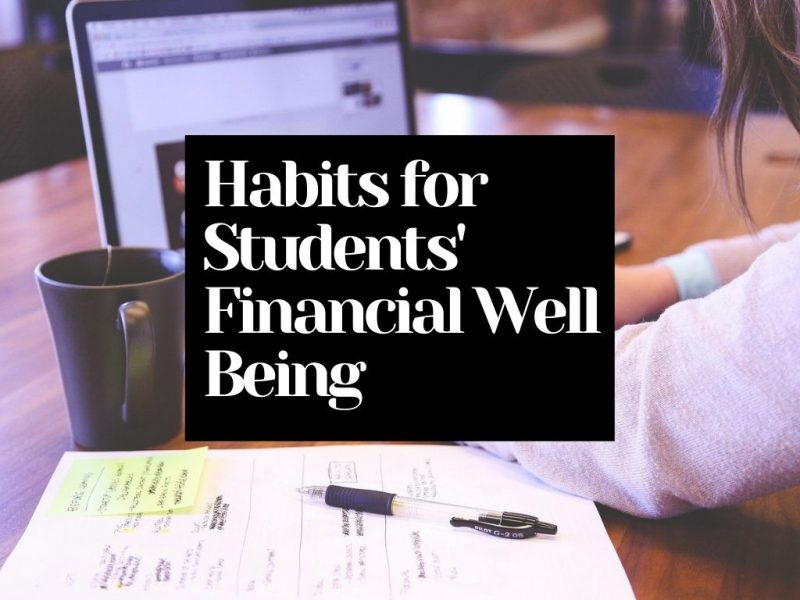
4 Bad Financial Habits Students Must Avoid
Let’s take a look at four bad financial habits that the students must avoid at all costs.
Bestseller Personal Finance Books
1. Applying for Credit Cards to Earn Reward Points
You should not use multiple credit cards at a time. Often students apply for various credit cards to earn reward points and get discounts. Remember, taking out a credit card is not enough; you have to make the payments within the time. So, before applying for multiple credit cards, make sure you can afford the bills.
2. Not Saying “No” to Unwanted Things
Peer pressure plays a decisive negative role among students on college campuses. Due to peer pressure, many students overspend and fall into serious financial problems. Thus, a student should practice the habit of saying “No” to a friend who is trying to manipulate them financially. Just say that you don’t have enough money to go to a movie or Starbucks for an expensive coffee. You can make your own and see a movie later. It is your money, so you have the right to decide which you will spend your money on.
3. Using Credit Cards to Pay the Tuition Fee
Using credit cards for paying the tuition fee is not a smart move. Because credit cards have a higher interest rate, students can get education loans with a favorable rate to pay the tuition fees. Thus, it is recommended to borrow an education loan (If required) that comes with lower interest rates and built-in deferment of payments.
4. Taking out Payday Loans to Enjoy
Many students enjoy a lavish life with the money they take out from payday lenders. Payday loans come with higher interest rates. In addition to this, most payday lenders are fake and offer predatory loans. If you don’t repay the payday loans within time, you will fall into a debt trap. Usually, when there is a highly high-interest rate, most of your monthly payments go towards paying the interest rate payments. The interest payments are the minimum monthly payments you have to make. Thus if the minimum monthly payment is a lot, you are unaware of making any more payment on top of that. Therefore your principal amount remains intact, and your payday loans stay the same. It becomes impossible to get out of payday loan debt as a student. You have to understand how to consolidate payday loans to get debt relief. However, it is best to stay away from payday loans. You should not take out money to enjoy a lavish life when you have no steady income. Also, payday loans are for a sudden and emergency need.
Conclusion
Learning suitable financial lessons and practicing good financial habits help you control your finances. Proper financial lessons will build a sense of confidence in you. You remain positive and achieve long-term financial goals once you complete your studies and start your career.

About The Author: Lyle Solomon is a principal attorney for the Oak View Law Group in California, where he specializes in consumer finance. He has also written several articles on financial well-being. Connect with him on LinkedIn or tweet him at @lyle_solomon.
Opinions expressed by contributors are their own.

Read more
Popular Topics: Stocks, ETFs, Mutual Funds, Bitcoins, Alternative Investing, Dividends, Stock Options, Credit Cards
Posts by Category: Cash Flow | Credit Cards | Debt Management | General | Invest | Mini Blogs | Insurance & Risk Mgmt | Stock Market Today | Stock Options Trading | Technology
Useful Tools
Student Loan Payoff Calculator | Mortgage Payoff Calculator | CAGR Calculator | Reverse CAGR Calculator | NPV Calculator | IRR Calculator | SIP Calculator | Future Value of Annuity Calculator
Home | Blog
Our Financial Calculator Apps
Page Contents



